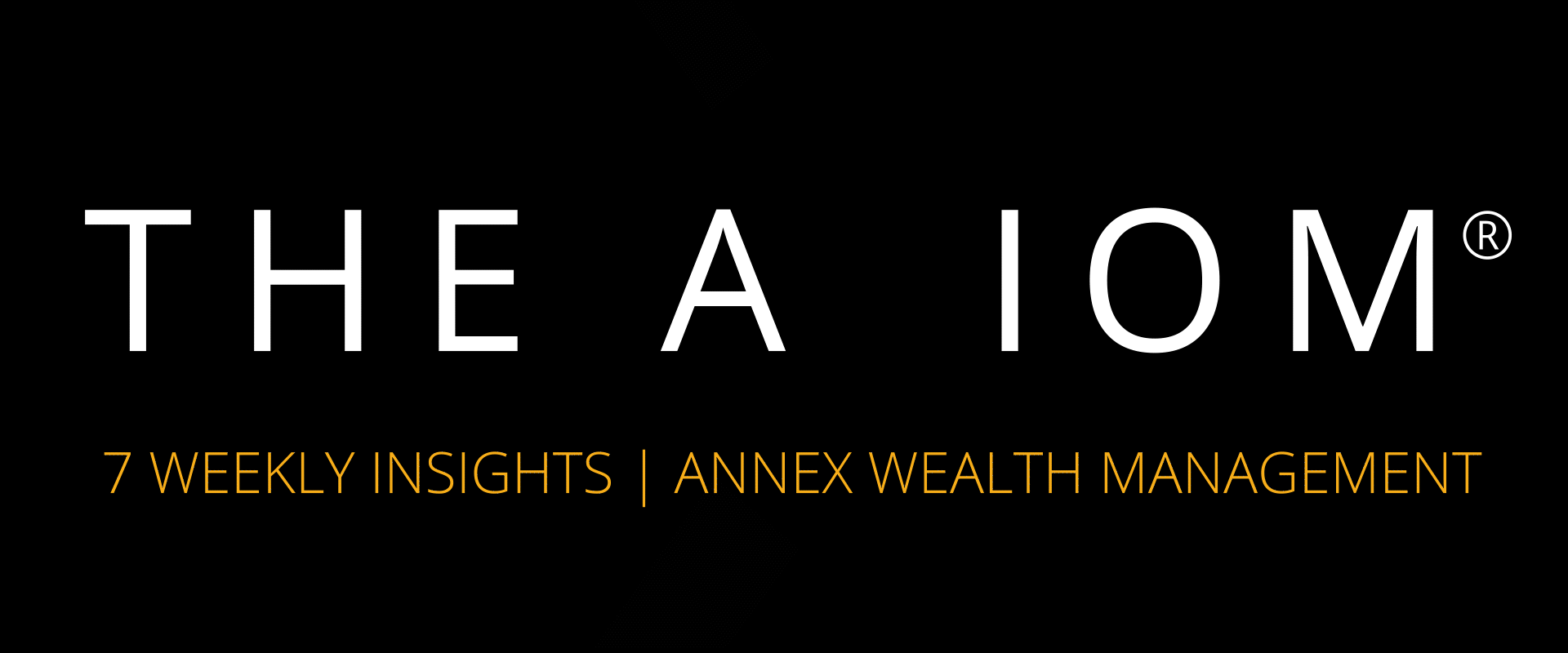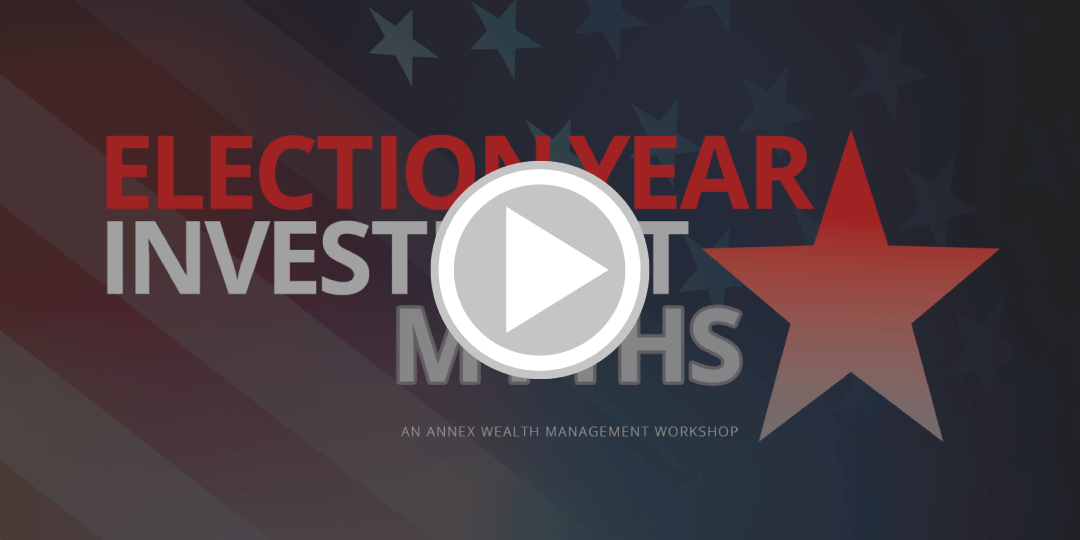
Why do analysts still see a recession while GDP was up? Annex Wealth Management’s Dave Spano and Derek Felske discuss.
Know What You Own: Alternatives

Throughout the year we’ve been encouraging you to know what you own beyond the name of the investment, such as the type of investment, what’s in it, and how it affects your portfolio and, ultimately, your financial plan.
In this edition of MoneyDo’s “Know What You Own” series, we ask you to take a look at your Alternative Investments.
The definition of the term “alternative” changes from time to time as things that were alternative are not anymore. There was a time that High Yield bonds and Emerging Market stocks were considered Alternative Investments; now they are common in well-balanced portfolios. For the purpose of today’s Money Do, we will classify “Alternative Investments” as a catch-all for investments that don’t fall into one of the conventional asset classes like stocks and bonds. This would include asset classes such as currencies, commodities, collectibles, real estate, and investment vehicles such as hedge funds and private equity.
The most common of these alternative investments are Real Estate and Commodities.
Real Estate includes anything from direct ownership of your residence to a rental property where you’re the landlord and rent out to a tenant, to a real estate investment trust (REITs) in which there is professional management running many properties for you. Where this gets tricky is that you really need to “know what you own” as most people think that REITs are mainly housing, when due to shifts in the industry the top holdings in many of the largest REITs are cell phone towers and data centers.
Commodities include things like energy, metals, agriculture, and livestock. Most investors recognize the two most popular commodities: gold and oil. Many investment sites and channels will display the movement of gold and oil as bellwethers for the direction of the economy.
The change in oil prices, for example, has the ability to change our day-to-day lives as gas combustion moves our vehicles. But oil prices can also add to production and delivery costs for major corporations, impacting the bottom line.
Oil prices can even go negative! During 2020, when everyone was stuck at home, the lack of demand caused the price to go below 0. Because of the cost of storing oil, traders were willing to pay someone else to take oil from them, because they did not want to be stuck with having to store it. Then you have a geopolitical event like Russia invading Ukraine, and oil goes over $130 a barrel just two years later.
Gold and other precious metals are other examples of commodities. A common reason to hold a precious metal is as a potential hedge for a recession or economic depression. People flocked to gold in 2008-2009 in the depths of the Great Recession, and then again in the midst of the lockdown when fears were at their highest due to the virus.
One of the more popular alternative investments over the last few years is a relatively new one: cryptocurrencies. Now you can write many MoneyDo’s on crypto, and each week they would have a different spin to them, as there are always new cryptocurrencies being created and the volatility can match those of the most volatile stocks.
If you’re considering investing in Alternative Investments, one path you could explore is investing in companies who work specifically with those commodities, rather than buying them directly, i.e. an energy or gold mining company.
One danger of Alternative Investments is that they may seem more personal or more “fun” than a “traditional” investment. But Alternative Investments require the same degree of careful planning and scrutiny as any other investments. Your planning and retirement goals remain the same, regardless of what investment you’re employing to get there.
We encourage you to know what you own, why you own it, and how much you’re paying for it. For a second look at your portfolio, head to our website and click on the ‘Get Started’ button to learn more about how Annex Wealth Management can help.
BACK TO TOP ↑
What are the disadvantages of probate? Should I wait until the market recovers to rollover a 401k? 401k splits – how much to Traditional, how much to Roth? Taxes on a side hustle.
Annex Wealth Management’s Jill Martin, JD and Sarah Kyle provide answers.
Do you have a question for Annex Wealth Management? Drop it here: annexwealth.com/ask
BACK TO TOP ↑

BACK TO TOP ↑
Do you invest your politics? Not so fast.
Originally recorded October 12, 2022, hear Tom Parks, AIF®, CRPS™ and Deanne Phillips, CFP®, CDFA®, ABFPsm as they uncover investing myths around election time and how to prudently navigate those political “rules of thumb” that can drive investor behavior and derail your investments.
Click the image to watch!
BACK TO TOP ↑
UPCOMING EVENTS →
BACK TO TOP ↑
